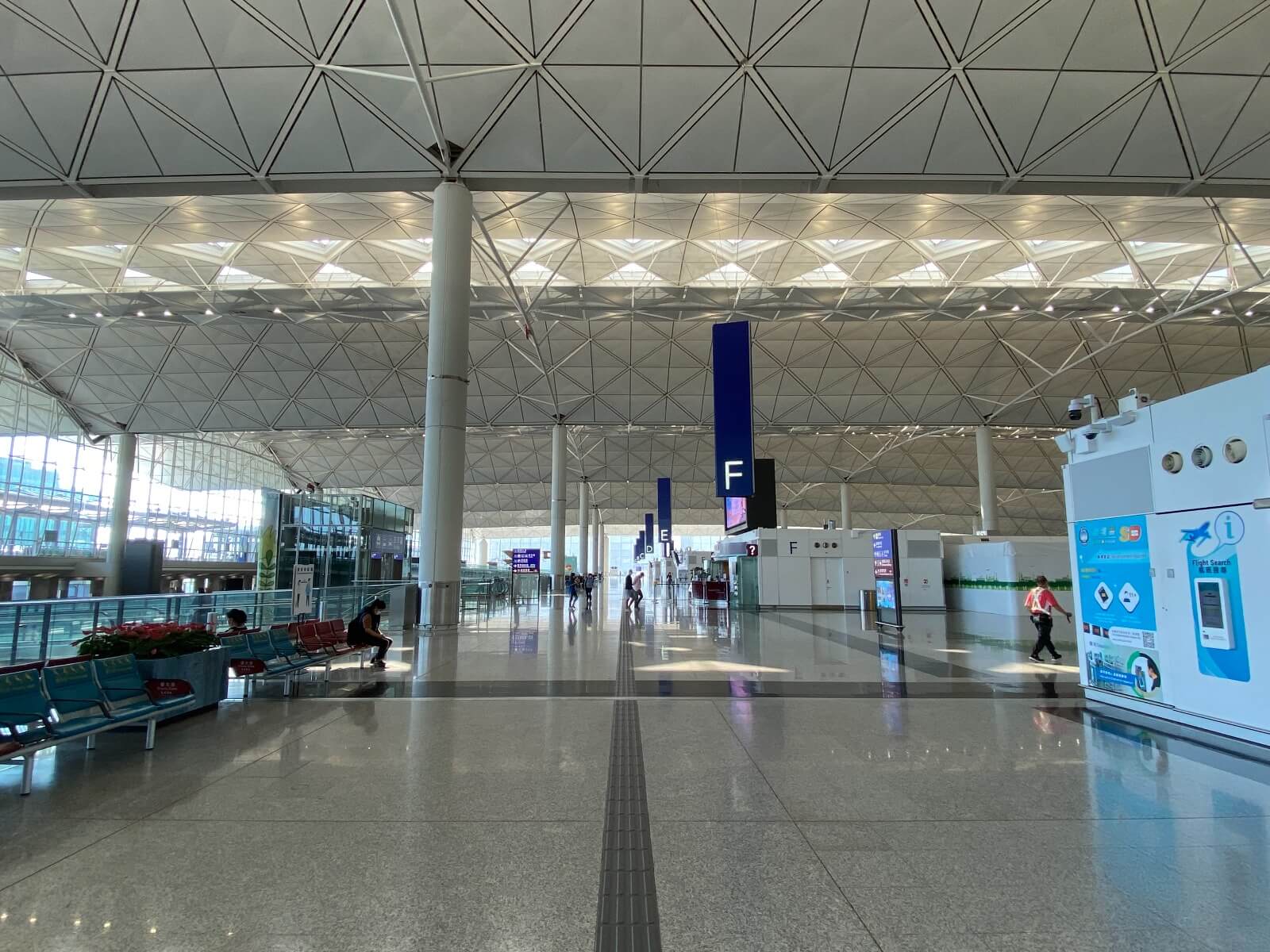
Financial Secretary Paul Chan Mo-po announced HK$934 million for the pandemic-stricken tourism sector in the budget address on Wednesday morning.
He said, HK$169 million of the allocated budget will be used for local cultural, heritage and creative tourism projects, such as the Yim Tin Tsai Arts Festival and the City in Time.
More than HK$2 billion has already been injected into the tourism industry. An additional HK$765 million will be reserved for the Hong Kong Tourism Board.
He added that the relaxation of social distancing measures will allow local tour groups to resume as long as public health can be protected.
“Sectors such as airlines, travel agents, tour operators and some retail, it [the pandemic] has been disastrous,” said Professor Brian King, Associate Dean at The Hong Kong Polytechnic University School of Hotel and Tourism Management.
In Hong Kong, the tourism industry is one of the city's major economic sectors. According to HKTB, Hong Kong received over 59 million visitors in 2019 and only over 3 million in 2020.
Hong Kong’s airport has been closed, only allowing the city's residents from overseas to land following strict quarantine and immigration measures. The two other borders -- the Shenzhen Bay Port and the Hong Kong-Macau-Zhuhai Bridge -- have been shut.
Mass-layoffs have been made in airline industries such as Cathay Pacific, the city’s flagship airline. It’s sister company, Cathay Dragon, permanently shut down.
The unemployment rate, which is at 7%, is the highest Hong Kong has seen in 17 years.
A low-interest loan scheme for unemployed Hong Kong residents was also announced in the budget address. The loan is capped at HK$80,000 per person targeting some 250,000 unemployed residents.
Prof King said that the loan scheme will aid tourism sector workers, who can now find other sources of income as the economy recovers and travel recommences.
A 1% interest rate applies per year, those who pay the loan back within five years will have their interest returned. HK$10 billion have been allocated for the loan scheme.
“The arrival of vaccines should allow a staged, albeit gradual revival of the tourism industry,” said Prof King.
The first batch of Sinovac vaccines arrived on Feb.19. Hong Kong will start it’s vaccination process on Feb. 26, among the priority groups are residents and staff members of residential care homes.
The financial secretary said the target is to have the majority of the population vaccinated by the end of the year.
The government added that the implementation of the travel bubble with Singapore is in the works after the last one was postponed.
A bilateral travel bubble between Hong Kong and Singapore was initially planned for November last year, but local cases in the city grew and it had to be cancelled.
“Though travel bubbles are not ideal because there are so many constraints. They are a realistic means of reviving travel progressively,” said Prof King.
Prof King expects travel in 2023 to be ahead of what it was in 2019. He added that travelling within Asia is likely to recover quicker, while long haul travel will still take time.
《The Young Reporter》
The Young Reporter (TYR) started as a newspaper in 1969. Today, it is published across multiple media platforms and updated constantly to bring the latest news and analyses to its readers.

Budget Address 2021: Effects of unemployment loan in doubt

Budget Address 2021: Both private and public healthcare sectors call for more support




Comments